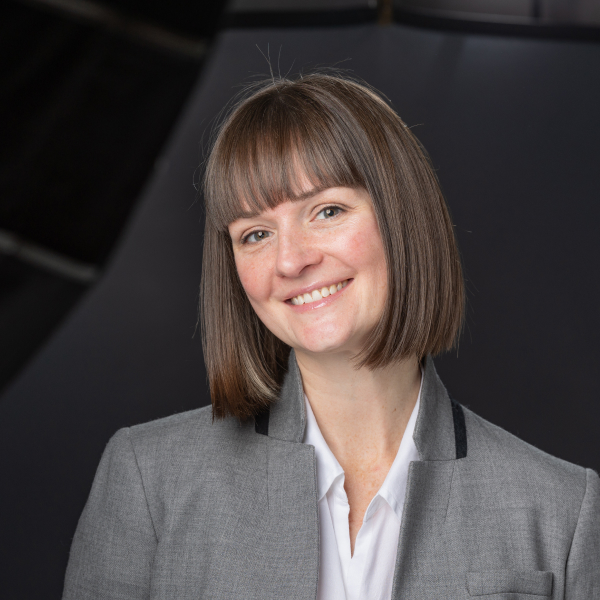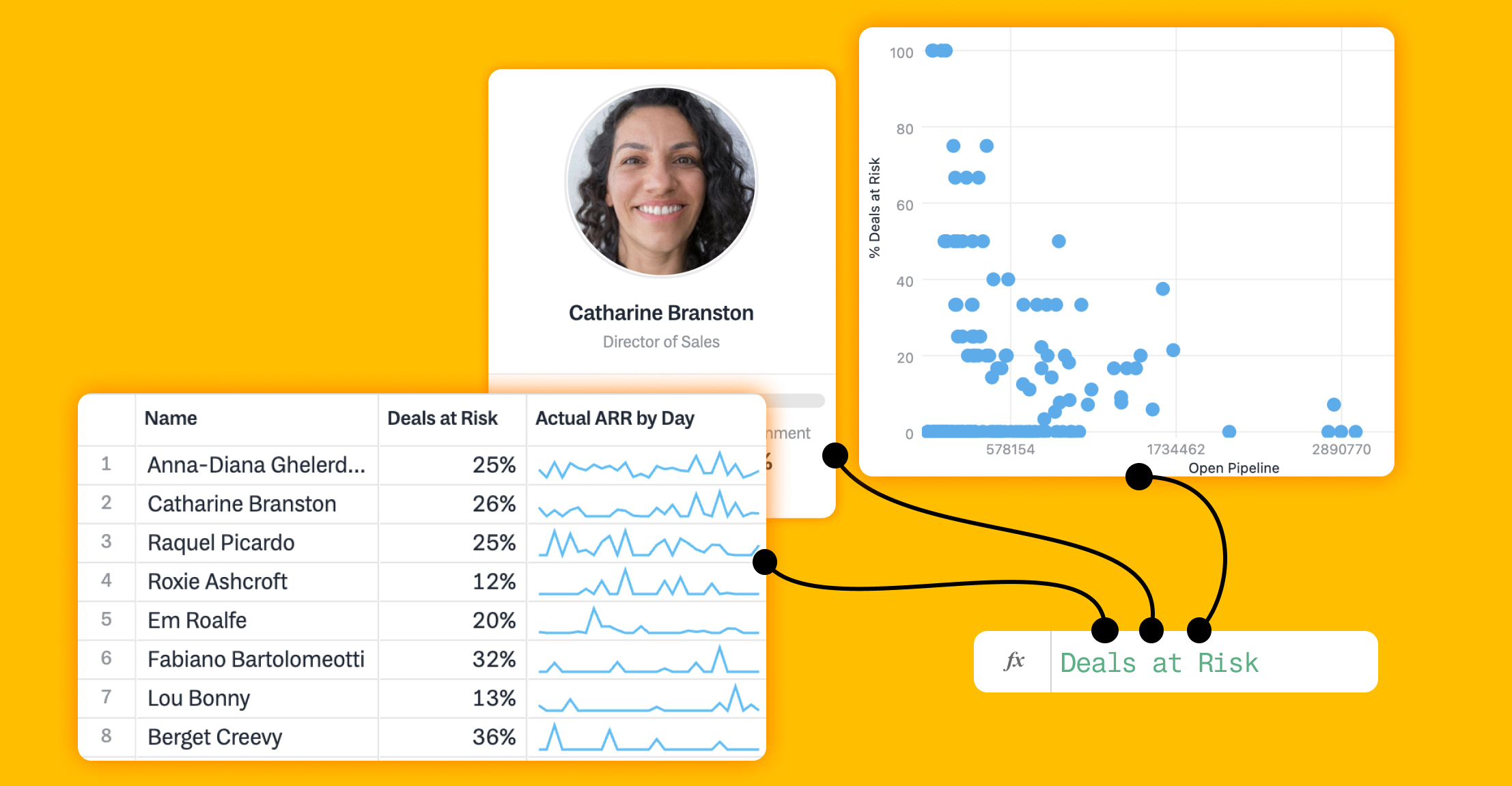
BACK TO BLOG
From a Side Hustle to the Brooklyn Navy Yard: Sistas in Sales is Taking Over
September 9, 2024
.jpeg)
Takeaways:
- The 7th Annual Sistas in Sales Summit is the largest gathering for women of color in sales in New York City, and not to be missed. Get your tickets now.
- This event is presented by Walmart Connect on September 19-21, at Duggal Greenhouse located in the Brooklyn Navy Yard.
Chantel George is a powerhouse.
Born and raised in the Bronx, Chantel is the founder and CEO of Sistas in Sales (SIS), a community she built while holding sales positions at companies like Yelp, LinkedIn, and X. Now fully dedicated to SIS, what began as a side hustle has evolved from casual coffee talks to exclusive chef dinners in private homes. Today, SIS is taking it to the next level by hosting its annual event at the expansive Duggal Greenhouse in Brooklyn Navy Yard, a 100,000-square-foot venue with stunning views of Manhattan.
But don’t let that venue size fool you. It’s the result of relentless hustle, passion, and a sharp recognition of the gap that exists for women of color in the sales industry — something Chantel knows all too well from personal experience. SIS isn’t just about showcasing sales as an excellent career choice; it’s a vital community where women of color in sales can better understand what they deserve, how long to stay in roles, salary benchmarks, and more.
This year’s event will feature keynote speaker Fawn Weaver, one of Forbes’ 50 Women to Watch in Business and the founder of Uncle Nearest, a billion-dollar spirits company. She is the first Black American woman to build a $1 billion-plus company from the ground up as the chief executive officer and founder of Uncle Nearest, the fastest-growing whiskey brand in America. Other speakers in the line up include: Janell Stephens, CEO of Camille Rose, Arion Long, CEO of Femly, and many other business mavens.
The following Q&A with Chantel has been edited for clarity.
Can you share a bit about your career journey and how it led to the creation of Sistas in Sales (SIS)?
I never expected to be in sales. Initially, I planned to become a lawyer, but while studying for the LSAT, I took a sales job at Yelp to pay the bills. At that time, I had no idea that this job would kickstart my career in sales. I found the position on Craigslist and thought it was just a temporary role, but as I started making calls and closing deals, I realized I had a knack for it. Over time, I moved up the ranks and became a sales manager, but I also noticed the challenges faced by women of color in sales. That realization inspired me to create Sistas in Sales, to provide a supportive community for women like me.
What challenges did you face as a woman of color in sales, and how did those experiences shape your journey?
As I advanced in my sales career, I began to see the disparities in the workplace. For instance, when I became a sales manager, I noticed microaggressions and a ‘boys club’ culture that excluded women from key networking opportunities. This was a turning point for me, and it drove me to interview other women of color in sales to understand their experiences. These conversations highlighted a significant gap in knowledge and support for women of color in the industry, which ultimately led to the creation of Sistas in Sales.
What motivated you to transition Sistas in Sales from a side project to your full-time focus?
The decision to make Sistas in Sales my full-time focus came during my time at Twitter. I was already facing friction internally because of my involvement with SIS, but it wasn’t until I started interviewing for other roles that I realized how passionate I was about it. Every time I talked about SIS during interviews, I couldn’t stop, and I knew then that this was what I wanted to do full-time. After being laid off from Twitter, I decided to fully commit to SIS, and I haven’t looked back since.
What has surprised you most about running Sistas in Sales full-time?
SIS is a community business. I was surprised by how much more time and energy it requires. Even though I had been running SIS as a side hustle for several years, transitioning to full-time has unlocked a level of creativity I didn’t anticipate.
We’ve grown from a simple website and blog launched in 2017 to organizing national events and conferences, partnering with major brands such as Walmart Connect, Salesforce, and Microsoft. Now, we’ve expanded further by launching a web and mobile app to scale our impact, centralizing our offerings, and making it easier for our community to stay connected and engaged. The work is incredibly rewarding, but it’s also much more demanding than I initially expected.
What can attendees expect this year at the Summit?
At SIS, we focus on several key pillars to empower and uplift women of color in sales. One of our top priorities is the integration of AI and technology, a trend that is crucial for the future of sales. Last year, we featured a panel on Microsoft’s Copilot AI program, demonstrating how sales professionals can use AI to boost their effectiveness. This emphasis on AI reflects our commitment to equipping our community with the modern tools they need to succeed in an evolving industry. Additionally, Merrie Williamson, formerly a Corporate Vice President at Microsoft and now Chief Customer Revenue Officer at Equinix, was an influential figure in those discussions and efforts. SIS has always been ahead of trends, and this panel is just one example of how we continue to lead the way.
Another pillar is maximizing resources, particularly in today’s economic climate where we have to do more with less. We’re also expanding our focus beyond traditional sales roles to include emerging roles like sales operations, enablement, and customer retention. These areas are crucial as they reflect the evolving landscape of the sales industry.
Finally, we’re committed to providing comprehensive training. We just finished our Challenger Sale Training which was exceptional. The SIS community better understood why some of their accounts weren’t growing and how to challenge existing approaches to unlock growth potential before year-end.
How have you managed to maintain the intimate, living room-style feel of your early events, even as SIS has grown into hosting large-scale events like the one at the Duggal Greenhouse?
The living room setting and attention to aesthetics were core to the early days of SIS. Even as we’ve scaled up to larger venues like the 100,000-square-foot Duggal Greenhouse, we’ve worked hard to retain that intimate, high-quality experience. It’s essential that every attendee feels welcomed and valued, not like an afterthought. The aesthetics and personal touches are still very much part of our events today, creating a warm and inviting atmosphere despite the larger space.
# # #

.png)


.jpg)
.png)

.png)
%20(1).jpg)
